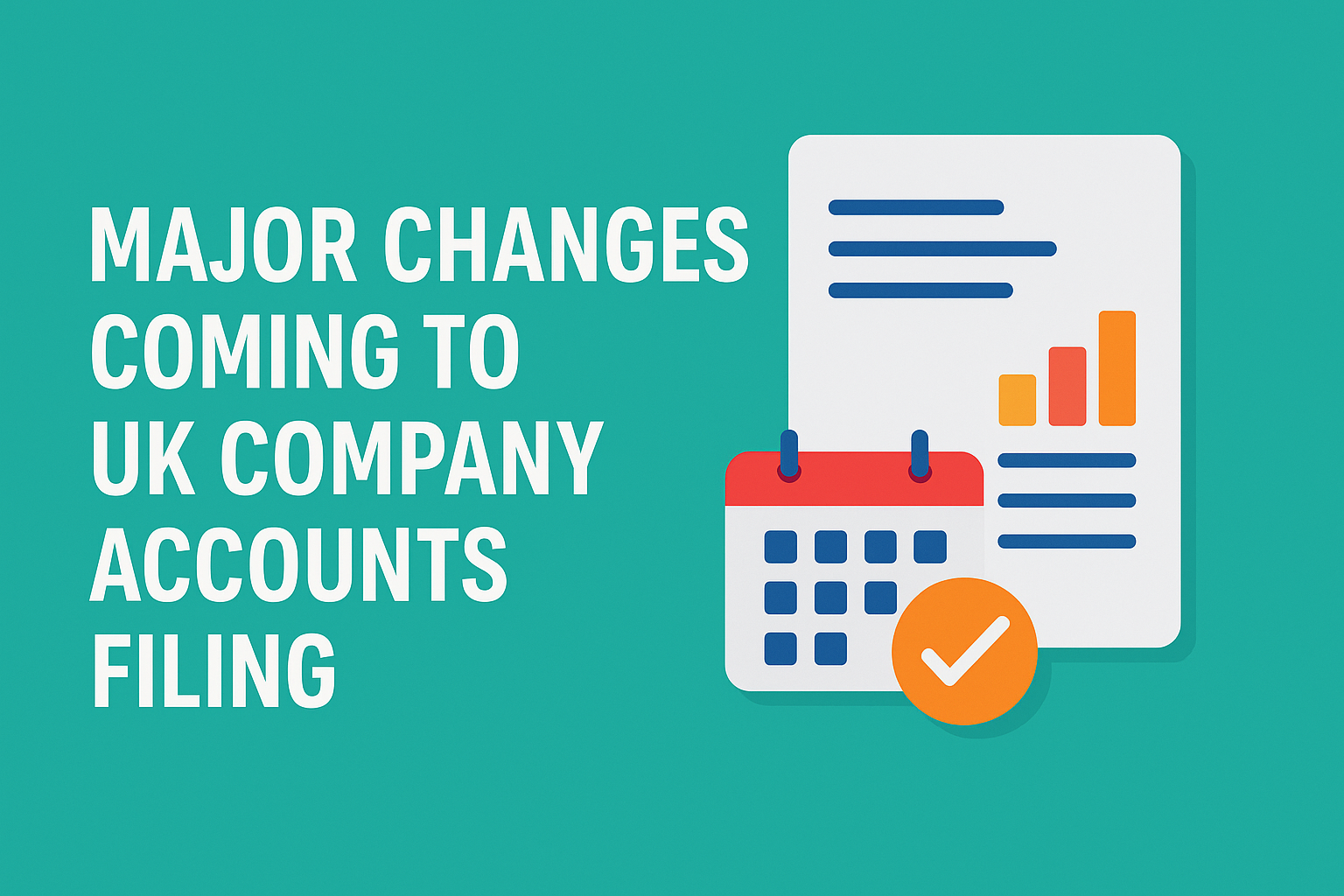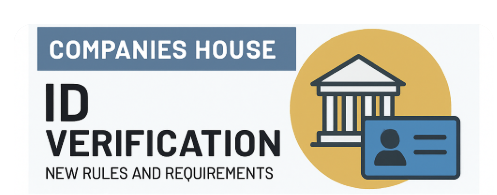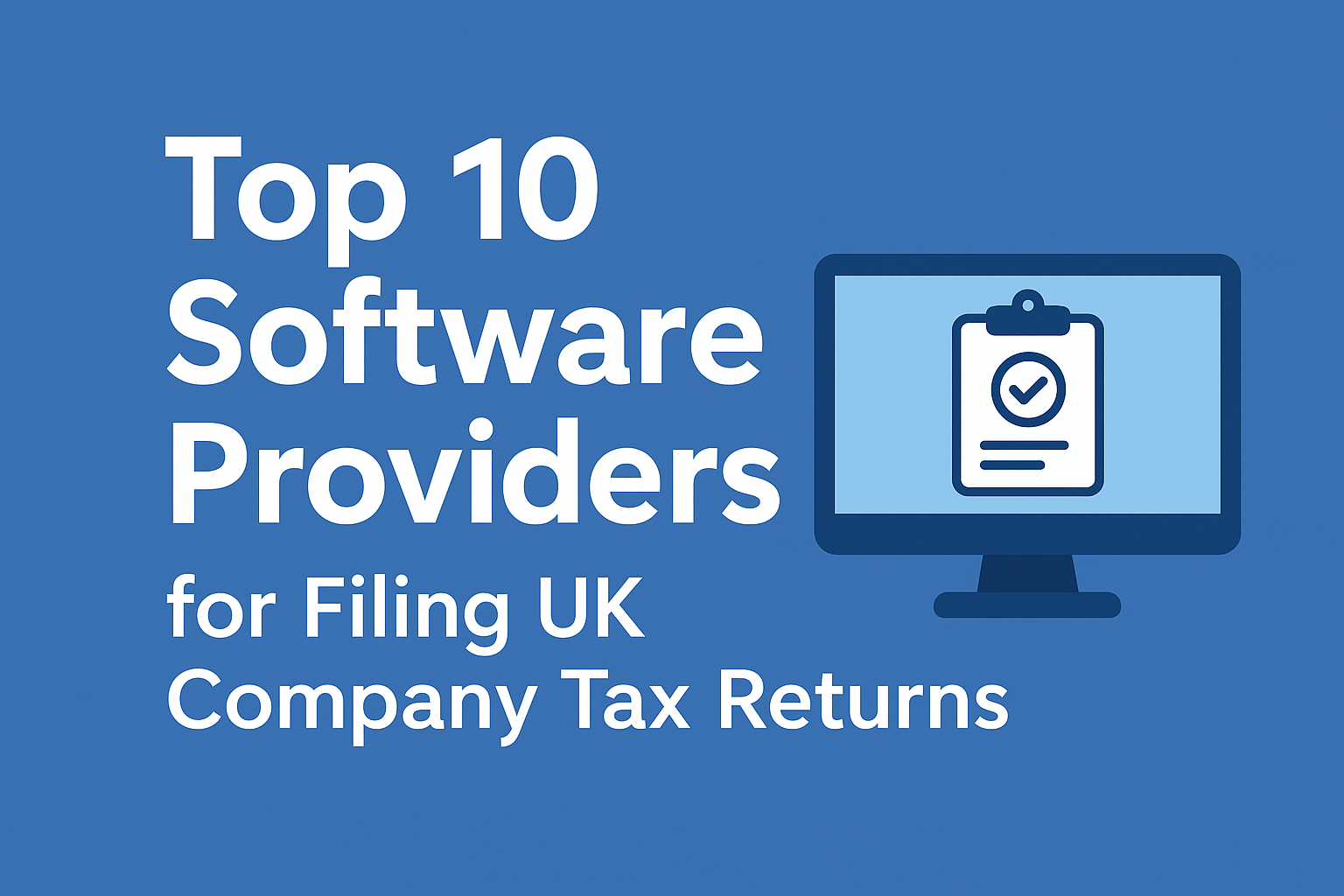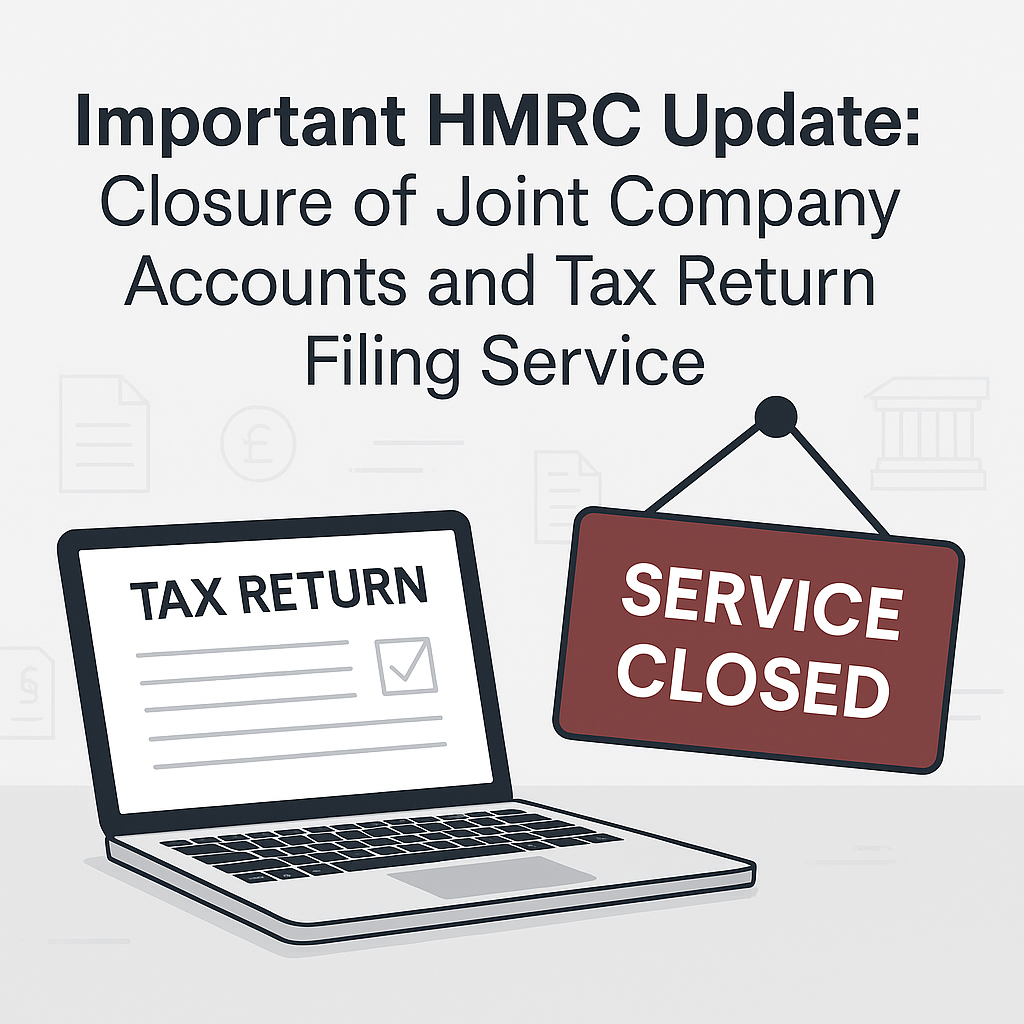Introduction
HMRC is ramping up its enforcement of tax regulations, targeting tax avoidance schemes, promoters, and evasive practices across the UK. With new legislation, task forces, and enforcement tools in place, the landscape for tax compliance has shifted—making it critical to stay informed and compliant.
What is driving the crackdown?
Tax Gap Pressure
HMRC faces a staggering tax gap, with evasion and avoidance costing the government billions annually. In response, it has established a compliance-focused task force and beefed up enforcement staffing.
Stronger Powers for Enforcement
New legislative measures grant HMRC enhanced powers: broader Stop Notices, accelerated payment notices, and expanded DOTAS (Disclosure of Tax Avoidance Schemes) regulations.
Key Measures Underway
HMRC is stepping up its fight against tax avoidance with stricter rules, stronger enforcement powers, and increased scrutiny of high-risk schemes. From targeting promoters to protecting ordinary taxpayers, this new crackdown is reshaping the UK’s tax compliance landscape. Here’s what you need to know to stay on the right side of the law in 2025.
Key Measures Underway
Targeting Promoters of Tax Schemes
Task Force on Aggressive Avoidance
Stricter Umbrella Company Controls
Inherited Wealth Under Scrutiny
Monitoring the Black Economy
Pushing Digital Enforcement & Penalties
Smart Tech Surveillance
Transparency for Savers
1. Targeting Promoters of Tax Schemes
The government has launched a consultation proposing a Universal Stop Notice, tougher DOTAS rules, and a Promoter Action Notice to swiftly stifle marketed avoidance schemes. GOV.UK+1
2. Task Force on Aggressive Avoidance
HMRC’s newly formed task force zeroes in on high-risk avoidance schemes, especially those targeting high earners, contractors, and umbrella companies. pie.tax
3. Stricter Umbrella Company Controls
From April 2026, recruitment agencies using umbrella companies will be legally responsible for PAYE declarations, cutting off avenues for disguised remuneration. GOV.UK
4. Inherited Wealth Under Scrutiny
In the 2024/25 tax year alone, HMRC conducted nearly 4,000 inheritance tax investigations—up 41%—recovering additional estate taxes and interest. MoneyWeek
Moreover, with IHT relief changes looming, HMRC suspects wealthy individuals underreported up to £343 million, prompting stronger compliance action. MoneyWeek
5. Monitoring the Black Economy
HMRC is aggressively targeting sectors like pet breeding and waste management where unaccounted income is growing. Registration for tax is now mandatory in many of these industries. The Times
6. Pushing Digital Enforcement & Penalties
As part of Making Tax Digital reforms, late payment penalties are increasing and will scale with delay duration. From 2026, self-employed and landlords with earnings over £50,000 will be affected. HMRC plans to hire more compliance staff and expand private debt collection. Financial Times
7. Smart Tech Surveillance
HMRC is deploying advanced data analytics—including AI monitoring of social media—to detect evasion. Simultaneously, new court rulings now demand transparency about HMRC’s use of AI in its assessments. The Scottish SunFinancial Times
8. Transparency for Savers
Beginning 2027, banks must collect National Insurance numbers from savings account holders to help HMRC tax interest beyond personal savings allowances effectively.
Summary Table
| Key Area | Enforcement Highlights |
|---|---|
| Promoters | Enhanced DOTAS, Stop & Promoter Action Notices, criminal liability |
| Umbrella / Contractors | Legislative reforms targeting misuse of PAYE and disguised routes |
| Estate & IHT Compliance | Escalated audits, impending relief cuts, underpayment exposure |
| Black Economy | Targeted licensing and registration requirements for high-risk sectors |
| MTD & Penalties | Higher late payment fines, more compliance staff, private collection interventions |
| Tech Surveillance & AI | Increased AI use, court-ordered transparency on AI’s role in decision-making |
| Savings Tax Enforcement | Banks mandated to share customer data with HMRC for compliance checks |
What You Should Do Now
-
Reexamine your tax structures: Ensure any avoidance strategies are legitimate and defensible.
-
Keep detailed records: For IHT, earnings, PSAs, and any avoidance-related decisions.
-
Stay informed: Review GOV.UK updates, especially regarding DOTAS, Spotlights, and published promoter lists. GOV.UK+1
-
Use official reporting tools: If you suspect exposure to promoter schemes, report them anonymously online. GOV.UK
-
Get expert advice: Particularly critical for complex cases—such as estates or contractor arrangements.
-
Review savings structures: Consider shifting to ISAs to evade unwanted tax scrutiny.
Final Thought
HMRC’s enhanced enforcement measures underscore a clear message: the era of aggressive avoidance is ending. With broader powers, digital oversight, and cross-sector collaboration, compliance is non-negotiable. Staying proactive and informed is your best defence.
Further reading on HMRC Crackdown

MoneyWeek











